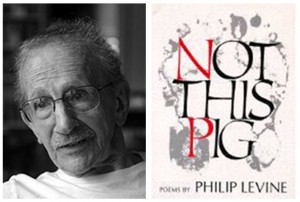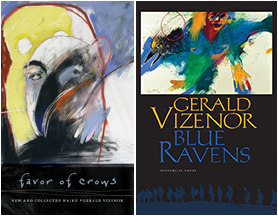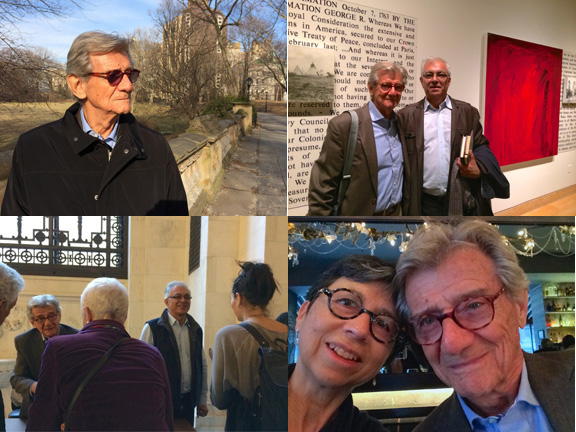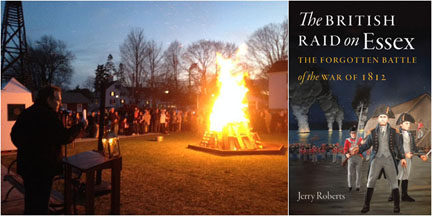It’s Throwback Thursday, and also a day to celebrate the United States’ new Poet Laureate: Charles Wright.
This week’s selection is “Delta Traveler,” from Charles Wright’s Country Music, Selected Early Poems.

Delta Traveller
—MWW, 1910–1964
Born in the quarter-night, brash
Tongue on the tongueless ward, the moon down,
The lake rising on schedule and Dr Hurt
Already across the water, and headed home—
And so I came sailing out, first child,
A stream with no bed to lie in,
A root with no branch to leaf,
The black balloon of promise tied to your wrist,
One inch of pain and an inch of light.
*
No wonder the children stand by those moist graves.
And produce is spread on the cobbled streets,
And portraits are carried out, and horns play.
And women, in single file, untangle
Corn from the storage bins, and soft cheese.
I shield my eyes against the sunlight,
Holding, in one hand, a death’s-head,
Spun sugar and marzipan. I call it Love,
And shield my eyes against the sunlight.
*
I lie down with you, I rise up with you.
If a grain turns in my eye,
I know it is you, entering, leaving,
You drift through the antilife,
Scrim and snow-scud, fluff stem, hair
And tendril. You bloom in your own throat,
Frost flame in the frost dust,
One scratch on the slipstream, a closed mouth.
*
High-necked and high-collared, slumped and creased,
A dress sits in a chair. Your dress,
Or your mother’s dress, a dress
On a wooden chair, in a cold room, a room
With no windows and no doors, full of the east wind.
The dress gets up, windbone and windskin,
To open the window. It is not there.
It goes to the door. It is not there.
The dress goes back and sits down. The dress gets up.
*
Three teeth and a thumbnail, white, white; four
Fingers that cradle a black chin;
Outline of eye-hole and nose-hole. This skull
And its one hand float up from the tar
And lime pit of dreams, night after slick night,
To lodge in the fork of the gum tree,
Its three teeth in the leaflight,
Its thumbnail in flash and foil,
Its mouth-hole a nothing I need to know.
*
Cat’s-eye and cloud, you survive.
The porcelain corridors
That glide forever beneath your feet,
The armed lawn chair you sit in,
Your bones like paint, your skin the wrong color—
All this you survive, and hold on,
A way of remembering, a pulse
That comes and goes in the night,
Match flare and wink, that comes and goes in the night.
*
If the wafer of light offends me,
If the split tongue in the snake’s mouth offends me,
I am not listening. They make the sound,
Which is the same sound, of the ant hill,
The hollow trunk, the fruit of the tree.
It is the Echo, the one transmitter of things:
Transcendent and inescapable,
It is the cloud, the mosquito’s buzz,
The trickle of water across the leaf’s vein.
*
And so with the dead, the rock dead and the dust:
Worm and worm-fill, pearl, milk-eye
And light in the earth, the dead arc brought
Back to us, piece by piece—
Under the sponged log, inside the stump,
They shine with their secret lives, and grow
Big with their messages, wings
Beginning to stir, paths fixed and hearts clocked,
Rising and falling back and rising.
# # #
Wesleyan University Press also published these books by Charles Wright: The Grave of the Right Hand (1963), Hard Freight (1970), Blood Lines (1973), and China Trace (1975).


















